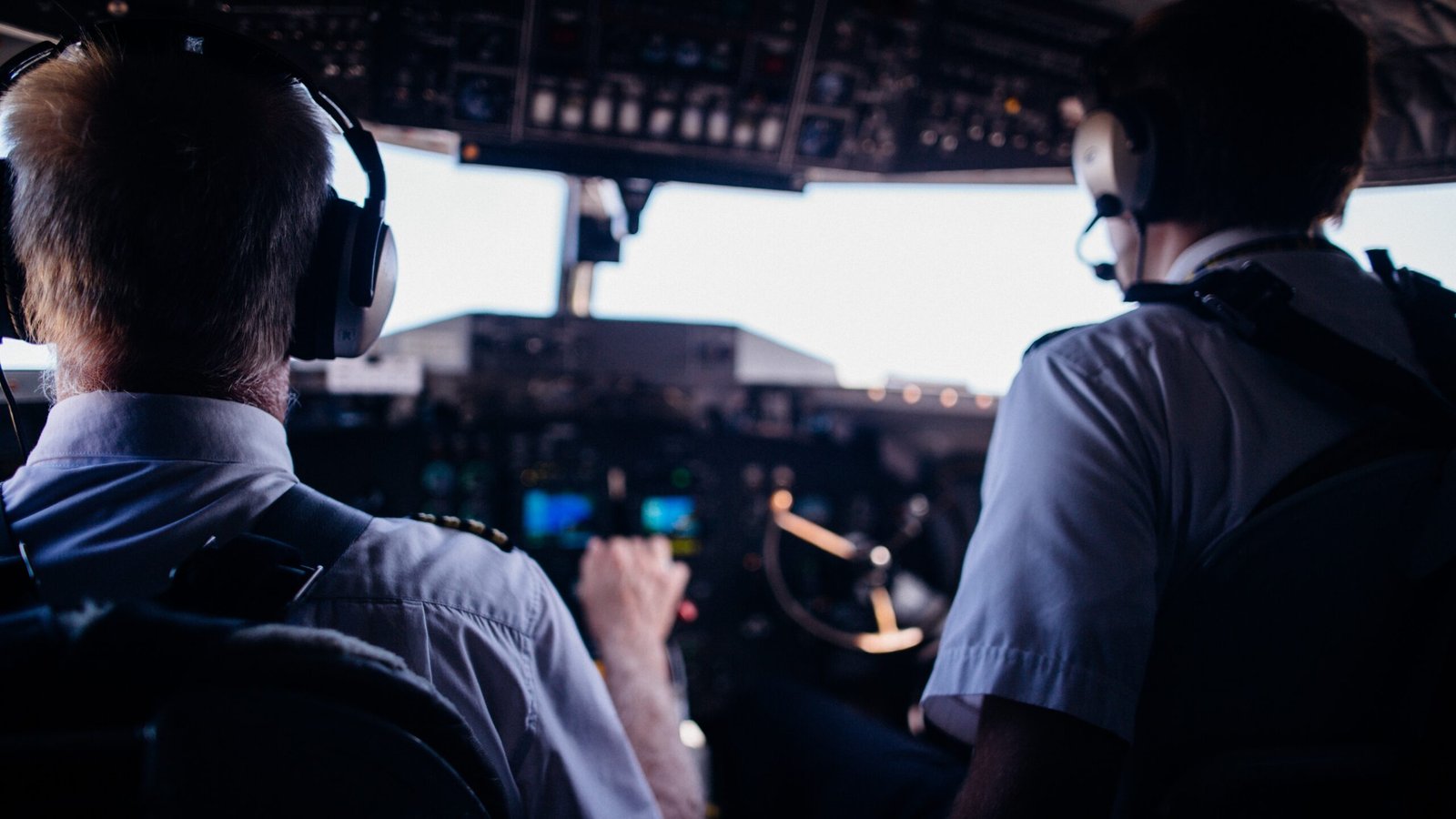Pilot Fatigue not being taken seriously – especially among low cost airlines, claim pilots
Many commercial pilots in Europe feel that fatigue is not taken seriously by their airline, a new survey has revealed – and low cost carriers are the worst offenders.
The aviation safety study, the largest in Europe to date, was conducted by the London School of Economics and Political Science (LSE) and Eurocontrol, the European Organisation for the Safety of Air Navigation. It paints a worrying picture of attitudes towards an issue that has been found to be a contributing factor in a number of accidents in the aviation industry.
The International Civil Aviation Organisation (ICAO) defines pilot fatigue as “a physiological state of reduced mental or physical performance capability resulting from sleep loss or extended wakefulness, circadian phase, or workload”.
“Pilots working for low cost airlines and cargo companies viewed their employee’s safety culture least positively – as did those on ‘atypical’ contracts”
The 7,239 respondents to the survey represented 14 per cent of the total commercial pilots working in Europe, across 33 different airlines.
Analysis revealed that pilots’ perceptions of safety culture was related to the type of company they worked for – for example cargo, low cost or flagship airlines – and their contract with that company, either typical or atypical (self employed, zero hours, or fixed term).
Although the survey showed that perceptions of safety culture are generally positive among pilots in Europe, pilots working for low cost airlines and cargo companies viewed their employee’s safety culture least positively – as did those on atypical contracts. On average, low-cost carriers scored 2.38 (where 1 = least positive, 5 = most positive) for their attitudes towards pilot fatigue – whereas major ‘network’ airlines scored 2.99.
The study warns that this correlation “needs to be considered carefully in light of the fact that more of these types of contracts and business models may be used in the future as competition increases.
The results also highlight a mistrust of management and governing bodies within the industry. Only 45.8 per cent of pilots agreed that their national aviation authority – the body which oversees and enforces all safety procedures – actually takes safety seriously.
Earlier this year, the British Airline Pilots’ Association (BAPLA) warned that some airlines are forcing pilots to work for 20 hours without an adequate break, after a change in European legislation in February. The figures from the survey support BALPA’s claim: more than half (50.05 per cent) of pilots think that their employer does not take fatigue seriously, while 28.83 per cent neither agreed nor disagreed with the statement. 58 per cent of respondents said that pilots in their organisation are often tired at work.
However, when asked about their colleagues, the vast majority of pilots (93.49 per cent) felt their co-workers were committed to safety, that voicing concerns on safety was encouraged, and that they do not need to take risks. 80 per cent of respondents agreed that their captains encouraged crew to speak up if they were concerned with a decision.
On an individual level, 88.45 per cent of pilots said they read safety reports of incidents or occurrences relevant to their work, and 79.08 per cent felt prepared to speak to a manager if an unsafe situation developed.
Most participants were male (96 per cent), aged between 31-50 (62 per cent), with considerable flying experience (44 per cent had more than 10,000 flight hours and 29 per cent over 5,001 flight hours). Most respondents (88.47 per cent) were employed on ‘typical’ (i.e. permanent) contracts.
In terms of experience, there was a near equal distribution of captains (56 per cent) to first officers (43 per cent), with second officers constituting 1 per cent. Almost half (48 per cent) of the pilots had been in their company for 11 or more years; only 4 per cent had been in the company for less than a year. Over half of the sample (55 per cent) worked for a major network carrier (e.g. flag/legacy airline) and almost a quarter (24 per cent) for a low cost airline.
This article originally appeared in The Telegraph on 6th Dec 2016
Author: Hazel Plush
Improve your Crew utlization while complying to Civil Aviation rules using FlyPal – CRS, a unique crew management system which gives you more control over crew utilization & rest requirements.

